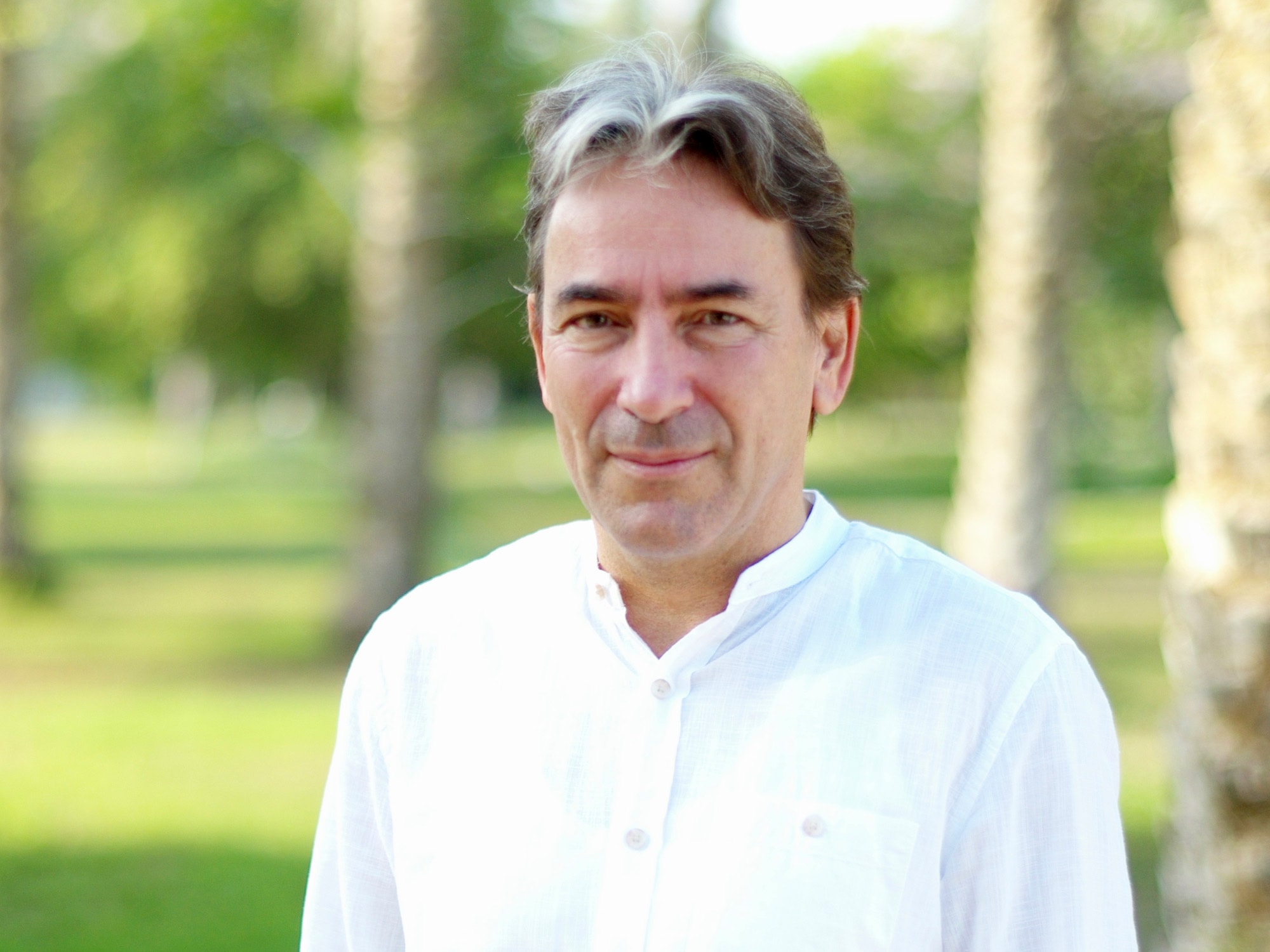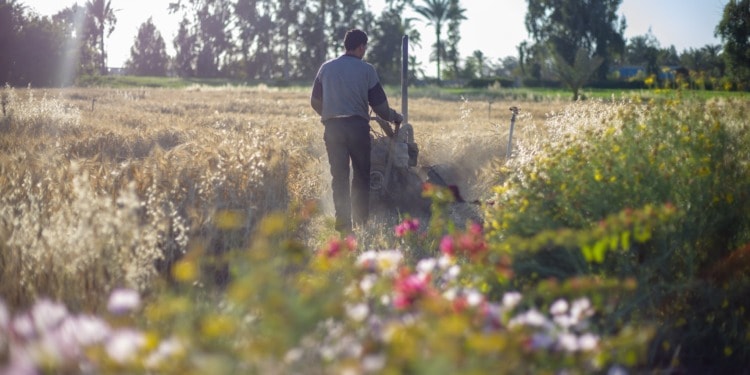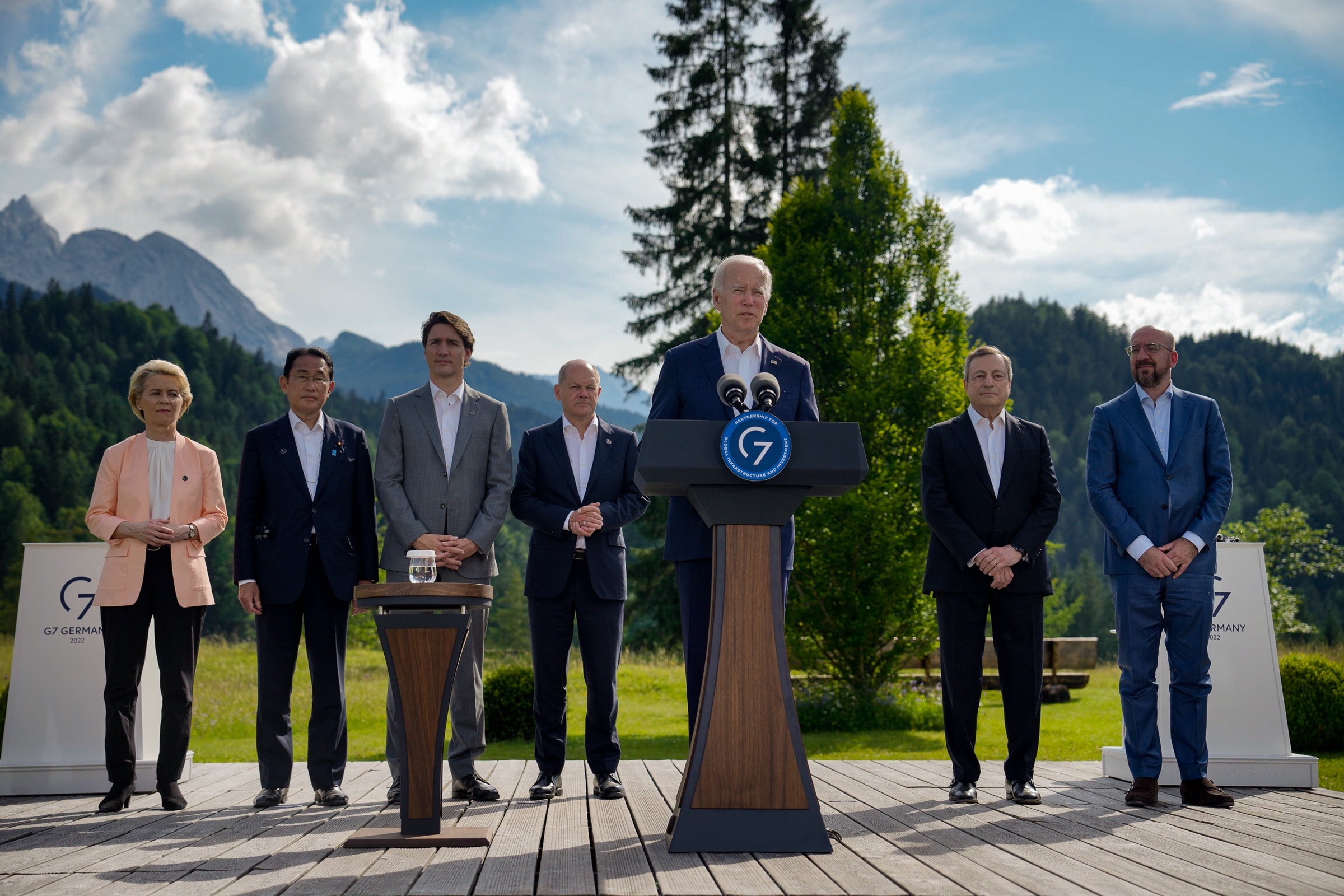This is the ninth article in the World Future Council’s series, “The Good Council,” based on the organization’s podcast of the same name. The series gives a behind-the-scenes look at the organization’s trajectory, from revolutionary ideas to reality, and offers insights into its current agenda. The Good Council podcast provides inspiration, laughter, and food for thought through intergenerational dialogue between its founders, senior Councillors, and young entrepreneurs and activists from around the globe.
The World Future Council aims to give our children and grandchildren a healthy planet with just and peaceful societies. To achieve this, the foundation identifies, develops, highlights, and spreads awareness of future solutions for current challenges humanity is facing, awarding them with the unique Future Policy Award.
What are best practices and sustainable solutions for our common future? How can we leave the planet in better shape for future generations? These are the questions the World Future Council has set out to answer.
The Council consists of fifty eminent global changemakers from civil society, science, politics and business. They meet annually at the World Future Forum to discuss the most urgent challenges and policy solutions.
The guest in this podcast episode this article is based on is Helmy Abouleish, Councillor of the World Future Council, and CEO of the SEKEM Initiative in Egypt, which was founded by his father Ibrahim Abouleish in 1977.

SEKEM promotes sustainable development in ecology, economic, societal and cultural life. The initiative produces organic and biodynamic food, textiles and herbal medicine in Egypt, Arabia and internationally. Helmy has been deeply involved in SEKEM since it was founded. He studied economics and marketing in Cairo and for a long-time campaigned in national and international politics to promote responsible competitiveness, social entrepreneurship, and action to tackle the greatest 21st-century challenges such as climate change and food security.
He is also a member of a number of international organizations and councils, including Fair-Trade USA. In June 2018, he was elected president of Demeter International. Helmy became a Councillor of the World Future Council in 2017, and chairs the commission of ecosystems and livelihood, which his father chaired in the past.
Here’s what environmental journalist and PaTree initiative Founder Patricia Mumbua Kombo and Mr. Helmy Abouleish spoke about in the ninth episode of “The Good Council” podcast.
Patricia Kombo: What does SEKEM mean and what does it mean to you personally, bearing in mind you took the leadership at 23 years old?
Helmy Abouleish: SEKEM is my life. My vision, my dream, my mission for many years. It is an old pharaonic word, which means “vitality from the sun.” It is the name my father gave to this initiative in 1977, when he came back from Austria with us, the family, to create a sustainable community in the desert, where people live, work and learn together, produce ethically and environmentally sound products, live together in forms that are carried by respect and integrity — a place where everyone can unfold their full potential.
So, what sounds like a dream today is a miracle in the desert.
Patricia Kombo: You said that SEKEM achieved a lot of goals and is currently recognized internationally. What is a milestone you’d like to reach in the future?
Helmy Abouleish: Until 2057, the next 40 years since my father died in 2017, we want to upscale our vision and really make sure that everyone in the society, every one of the 107 million Egyptians — whether a farmer, a teacher, a businessman, a politician — can really understand our ideas and enable us to mainstream them. That means every farmer in Egypt is using organic farming. Every teacher in Egypt is unfolding his or her potential. And every businessman in Egypt is using our “economy of love.”
Patricia Kombo: What is the economy of love?
Helmy Abouleish: There are a lot of different dimensions to the economy of love. One dimension is that it is trying to support the responsible consumer with transparent information on the impact of the product he is buying — on the environment, culture, society, and the economic dimension of life.
And if they [the consumers] knew that the products or services they ask for are destroying the world and its ecosystems or are supporting unfair payments to poor people anywhere in the world, they would not want this to happen. We believe that most of the consumers we know here in Egypt, like in your country Kenya and in Europe, would love to support products that are economically sound but also support ecological developments and fair social regulations. So, this is why the whole economy of love is a concept to support consumers with all the information needed to make a well-educated decision on their consumption behavior.
Patricia Kombo: Desertification is becoming a global threat. How do you approach the topic of desertification, especially considering that you come from a community or rather a country that is desert?
Helmy Abouleish: Well, we are the example of a community that turns desert into fertile soils and living land, and so we have proven that organic and biodynamic farming is capable of living in that sense. So, our approach is to create living soils by adding organic matter, carbon, and microorganisms to the sand. Then, within this biodynamic farming organism where cows and sheep are also important members of the community, we create a closed, circular agricultural system, where we can fertilize our soils from our own animal manure. We produce compost, the black gold for the farmers in Egypt and in the desert. And then we produce healthy, good plants, which we use for vegetables and medicinal herbs, and cereals or other things. I think this is something that everyone can do when understanding the system, and in turn contributing to better livelihoods, better food security, and better futures for the next generations to come.
Patricia Kombo: You are also chairing the Ecosystem and Livelihood commission of the World Future Council. What does it mean for you to be a Councillor?
Helmy Abouleish: I love the World Future Council because it looks from the future into the future. It really measures what we do today and its impact on the future, on its impact for future generations, as a voice for future generations. I am very happy to contribute as much as I can to learn as much as I can. As a Councillor, I have the honor to meet other Councillors from all over the world on a regular base. And I am always inspired and enthusiastic when I meet them and see what wonderful things and miracles are happening all over the world when people have this long-term view into the future and really try to support healthy and sustainable future development.
Patricia Kombo: Are you hopeful for the future?
Helmy Abouleish: Very much so! I’m very optimistic, and I believe that change will come anyhow; it will either come from our wise actions and deeds, or from crises if we are not wise. I’m really trying my best to make the change in the system coming from our actions. But I know that if for any reason we are too slow, or we are not acting bold enough, the change will come anyhow, and then it will come from crises. But there is no other way than change.
Patricia Kombo: What advice can you give a young person like me today to ensure that I do not give up no matter what, but scale up my sustainable development projects?
Helmy Abouleish: Continue to work towards your vision and develop the patience and persistence to overcome the challenges on the way. There will be problems all the time. but on the one side, you will learn from them and develop yourself. On the other side, I can assure you that you can overcome all of them with a lot of enthusiasm and love for the world and love for other people. In the end, I can also tell you from my own experience that you will feel happy doing so every day. This is a very important — general feeling that I wish for everyone in the world.
— —
Every other week the Councillors of the World Future Council get together with young activists and changemakers from around the globe for “The Good Council Podcast.” New episodes are released every other Monday and can be listened to here.
Editor’s Note: The opinions expressed here by the authors are their own, not those of Impakter.com — Featured Photo Credit: World Future Council.









